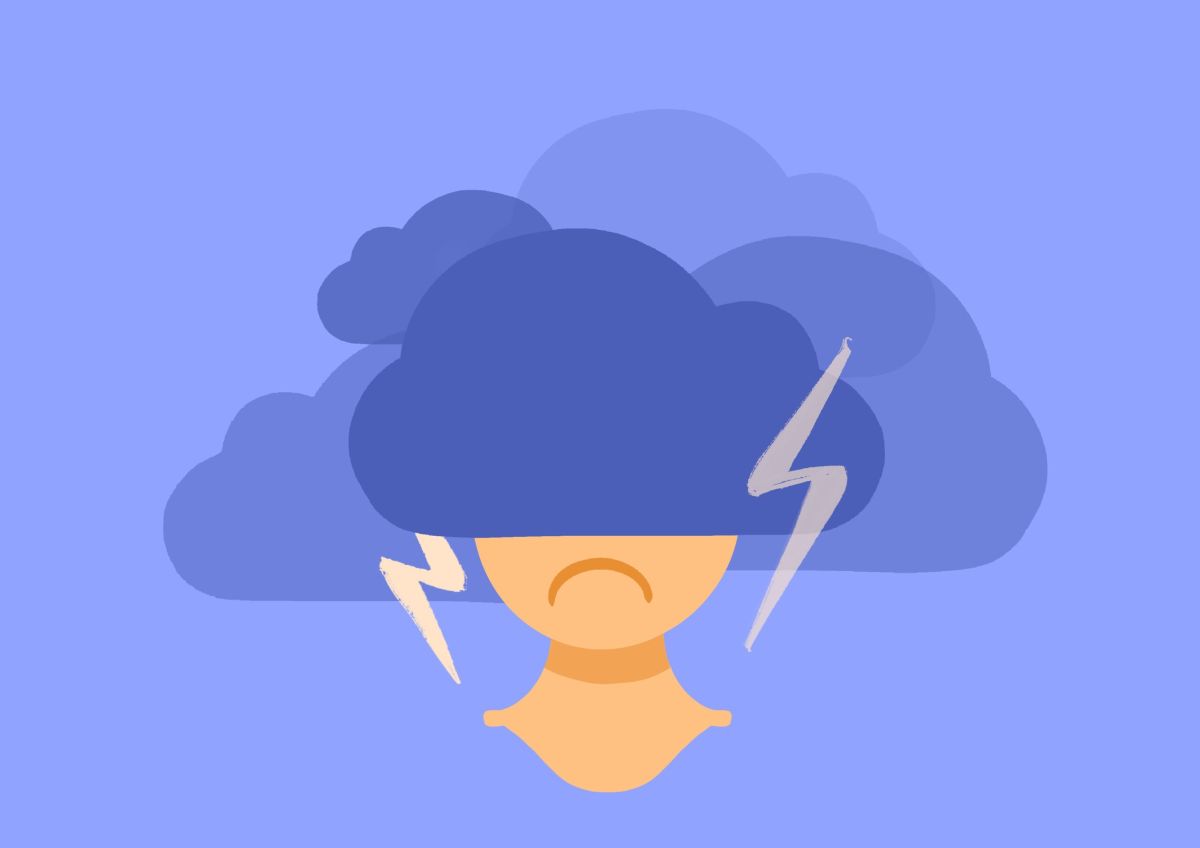Coping with anxiety: Quenching worries with science

What is anxiety? A feeling of worry or dread? Immense pressure and nervousness? I am sure that almost every student at Manchester is well acquainted with it, and while recognising it is a good first step, one must still stop it becoming overbearing. But how?
Throughout history, there have been many approaches to anxiety treatment, particularly in the field of psychology. Depending on the severity of the anxiety, biological treatment may be necessary. This may involve interrupting, inhibiting or even exciting the neurotransmitters as they travel through the synapses between nerve endings. However, medication should only be taken for a short time in order to reduce the severity of the anxiety.
Long-term anxiety management can involve various methods such as psychodynamic therapy and treatment based on behaviourist models. The most commonly used method for treating anxiety (alongside other disorders) is known as ‘Cognitive Behavioural Therapy’ (CBT), which, as the name suggests, falls under the cognitive study of psychology. At the University of Manchester, there is a lot of research dedicated to the cognitive field, and also a society, CogSoc.
“Cognitive” refers to the way our brains function and process information, and this activity can be monitored scientifically in many ways. When observing anxiety, we see the brain in a state of ‘fight or flight’, where the parasympathetic nervous system is overly active for extended periods of time. This can be due to a series of irrational thoughts that perpetuate anxiety-related symptoms.
CBT treats an individual in several regimented stages. These provide structure and stability, which can help someone during times of confusion or uncertainty about the future.
Another way CBT is used in the treatment of anxiety is by addressing and resolving ‘negative thought cycles.’ At one point or another, I’m sure that everyone has had a negative thought, that led to more thoughts that were increasingly irrational or unsupported. These thoughts are addressed in CBT, which breaks them down into smaller, more manageable components. Once this process is begun, a sense of optimism about anxiety occurs.
For example: you miss a deadline, then you don’t think you can stay on top of the new work coming in, then you lose faith in your ability to study, and then you spiral further. CBT would break down these thoughts and challenge them. In this case, by incorporating the new work into your schedule more effectively and by learning from why you missed the initial deadline, you will be more likely to meet future targets. By breaking down anxious thoughts in this way, you can reduce further anxiety by preventing the ‘negative thought cycle’.
However, this is a basic example and is easier said than done. CBT is carried out by trained mental health professionals, which you can access through GPs and independent organisations. It is wise, whenever you recognise yourself feeling anxious, to reach out to relevant staff for more information. You may feel like you have no time in your schedule, but caring for your mental health is always more important.
If you are struggling with anxiety or any other mental health problems, check out UoM’s Student Support website for more advice and information on the services they offer.







